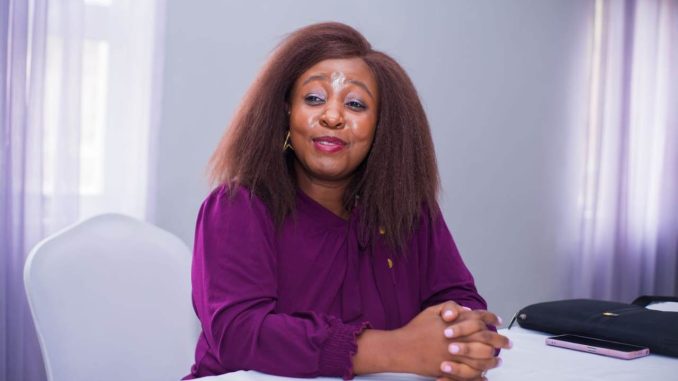
BLANTYRE, Malawi
Civil society organisations have called for increased investments in sexual and reproductive health and rights to address the prevailing gaps and challenges in access to comprehensive healthcare services for all individuals, especially women and girls.
Officials from the Centre for Solutions Journalism (CSJ), Centre for Conflict Management and Women Development Affairs (Cecowda) and Centre for Alternatives for Victimized Women and Children (CAVWOC) made the call during this year’s International Women’s Day celebrations in Blantyre, on Friday, March 8.
CSJ Board Chairperson Josephine Chinele said the government and non state-actors need to make substantial investments in sexual and reproductive health and rights (SRHR).
“We need to address preventable maternal deaths, eliminate unmet family planning needs, and combat gender-based violence. We can only do that if the government and other players make investments in SRHR for all the people,” she said.
Chinele said CSJ would continue to push for investments and legal reforms in sexual and reproductive health and rights to ensure that no one is left behind when it comes to accessing essential healthcare services.
According to Chinele, investments in SRHR would enable the Malawi government to attain commitment to move towards achieving the United Nations Sustainable Development Goals on health.
Goal 3 of the 2030 Agenda for Sustainable Development is to “ensure healthy lives and promote well-being for all at all ages”.
The associated targets aim to reduce the global maternal mortality ratio and prevent deaths of newborns and children, among others.
Speaking at the same event, Centre for Alternatives for Victimized Women and Children (CAVWOC) Program Manager Tamara Chikopa bemoaned the low retention of girls in schools.
She decried that in some areas only 13 percent of girls manage to finish school and hence there was a need to ensure that more girls stay in school.
“There is an urgent need to address the problem of gender disparity in primary and secondary schools. Thousands of girls especially in rural areas are still denied their right to a full and empowering education, due to various barriers. Women empowerment and gender equality cannot be achieved when many girls are missing out on the chance to complete primary school and go to secondary school and colleges,” she said.
Cecowda Centre for Programme Officer Flora Macheso said that issues of leadership of women were crucial and needed to begin from a young age.
She said that oftentimes girls have little role models of women leaders.
“The presence of role models in communities has a positive impact on children and the youth where they learn through observation and imitation. Communities that have role models help young people including girls and young women dream of their future as they visualise the pathway of others.
